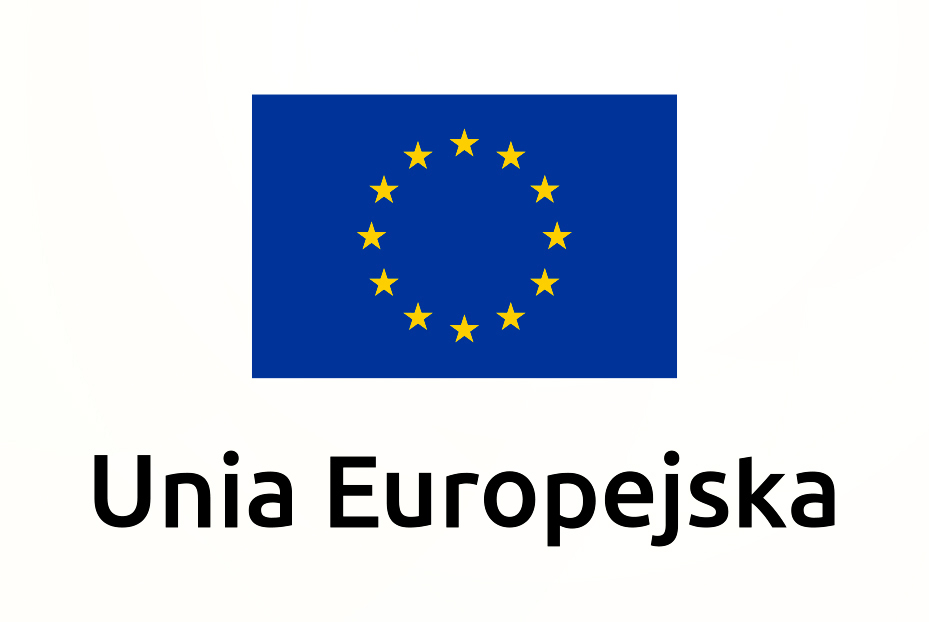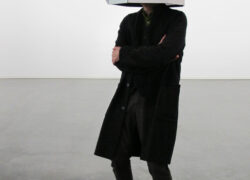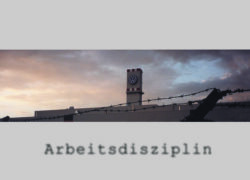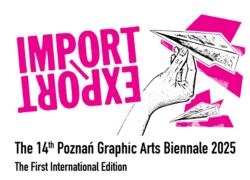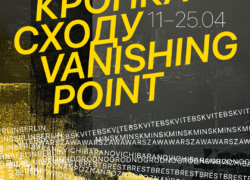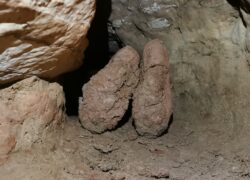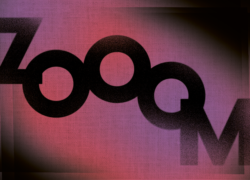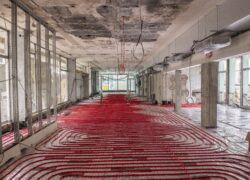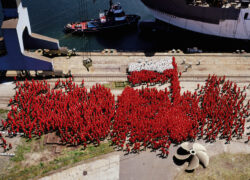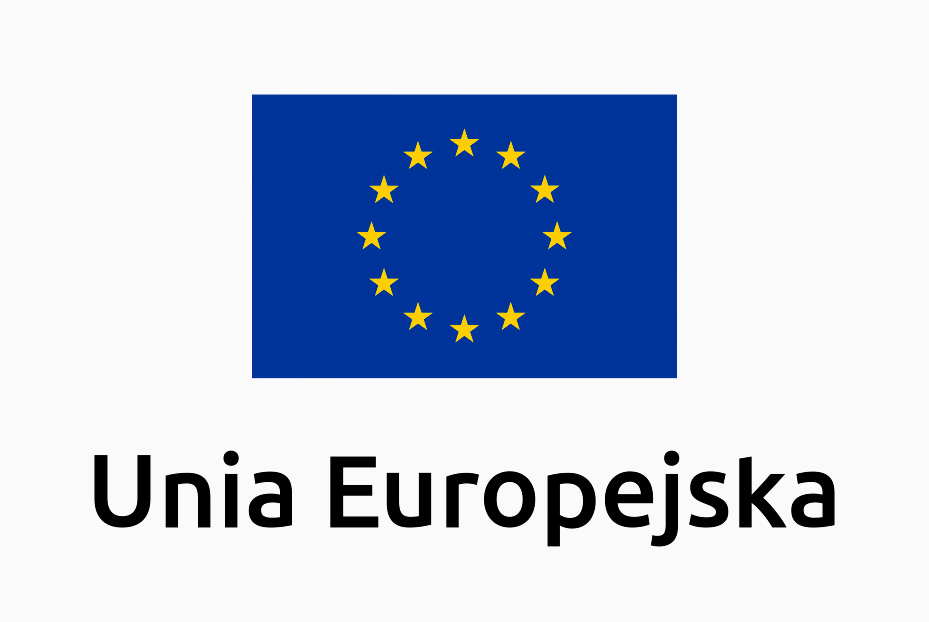Antoni Mikołajczyk (1939-2000) was a multimedia artist, an important participant in what Józef Robakowski called the “Łódź Progressive Movement”, and a lecturer at the State Higher School of Fine Arts in Poznań, where he ran the first Video Art Studio in Poland. He was a member of avant-garde groups operating in the 1960s and 1970s: Rytm, Krąg, Zero-61 and, above all, Warsztat Formy Filmowej / Film Form Workshop (1970-1977), where he cooperated with such artists as Józef Robakowski, Wojciech Bruszewski and Ryszard Waśko. In 1981 he curated the exhibition Falochron – Sztuka Polska / Breakwater – Polish Art 1970-1980, which accompanied the first edition of a major international arts event, i.e. Construction in Process, held on factory premises in Łódź. In 1982 Antoni Mikołajczyk set up in his own apartment in Łódź an underground Art Consultation Point, where he held meetings with artists and collected records of independent art movements. His works have been shown at countless exhibitions all over the world, including: Richard Demarco Gallery in Edinburgh, 12th Bienal de São Paulo, Stedelijk Museum Amsterdam, Ludwig Museum Cologne, Kunstmuseum Düsseldorf, Wilhelm Lehmbruck Museum Duisburg, during Construction in Process in Munich and at Europa, Europa in Kunsthalle Bonn. In Poland he exhibited at: Muzeum Sztuki in Łódź, Galeria Wschodnia in Łódź, ON Gallery in Poznań, Ujazdowski Castle Centre for Contemporary Art in Warsaw, Arsenał Municipal Gallery in Poznań, etc. Antoni Mikołajczyk’s artworks can be found e.g. in the collections of: Muzeum Sztuki in Łódź, Ludwig Museum Cologne, Stedelijk Museum Amsterdam, Museum of Modern Art Brasilia, Richard Demarco Gallery in Edinburgh, Museum of Modern Art Buenos Aires, Archive Stichting De Appel Amsterdam, and Het Apollohuis Gallery Eindhoven.
Photography was the most important (primary) medium of Antoni Mikołajczyk. He also created installations, artistic actions and films. He claimed that: “For an artist, the process of creation is the realization of his positive utopia, the realization of the idea of freedom. The artist’s freedom is the fullest independence; the artist creates relying on his inner world and it is his own strongest experience”. In his output, Antoni Mikołajczyk analysed images of reality and the related problem of light as well as confrontations of artistic and scientific concepts. In his book Obrazy na wolności [Images at Liberty], Ryszard Kluszczyński wrote that in his installations, Mikołajczyk “multiplies and complicates the processes of recording and transmission, thus revealing the relativity of the information provided by the media and the manipulations to which reality (the image of reality) and its status is subjected”. A case in point is the installation Transmision from Reality, on display during the Construction in Process in 1981. The artist offered a very simple arrangement: a camera facing the ground feeds the picture to the TV set standing next to it. A fragmentary broadcast of the camera onto a screen automatically aspires to the role of an overall picture of reality. It would seem that analytical inquiries by the pioneers of media art, showing how the media, by their very nature, distort reality, are the knowledge fitting for a museum archive. However, it turns out that contemporary societies have not assimilated this seemingly obvious knowledge or have completely forgotten about it. Visually exquisite light installations, as Kluszczyński wrote, were a continuation of “games with reality and its illusory, tampered representations. Mikołajczyk problematises the boundaries between reality and illusion, creating spaces where the mind experiences both the impression of transgression and infinity”.
In 1993, in an interview for Czas Kultury magazine, Mikołajczyk said: “I introduce an energy charge inherent in the very nature of light into the spatial arrangement of light sculptures. This creates a specific kinetic flicker at the points of contact between light and physical form, introducing the illusion of movement of a stream or layer of light”. Antoni Mikołajczyk’s work is based on the beliefs, questioned today, about the utopian nature of art and the rationality of scientific thought. When the two are combined, they can bring about new values exceeding the limitations of both worlds.
The exhibition Transmissions from Reality is the artist’s second solo show at the Arsenał Municipal Gallery in Poznań, following the 1994 Space Project. It features a fragment of the best-known series of photographs by Antoni Mikołajczyk, City Scores, made in the 1980s in Poland and Germany. The works, never displayed before, was donated by the German artist Michael Wittassek. The exhibition moreover features film footage from the archives of WRO Art Centre in Wrocław and offered by Józef Robakowski.
Held 20 years after the artist’s death, the Broadcasting Reality exhibition validates Mikołajczyk’s claim about the radiation of artworks in time and space. “George Kubler once compared a work of art to a celestial body existing in the context of other stars in the Universe. Astronomers see the light which the stars gave off in the past as there is no light in cosmos in the present. Similarly, a work of art is the result of a recorded event, the realization of an idea previously conceived by the artist. Even when an important work of art has ceased to exist, we are still able to trace the disturbances caused by it to other objects within its range, much the way we know it in astronomy. Thanks to the power of the energy field, individual works of art radiate within our reality”.
Marek Wasilewski
Special thanks for assistance in making the exhibition possible for:
Michael Wittassek, Józef Robakowski, Piotr Krajewski, WRO Art Centre, Cezary Pieczyński, and Piekary Gallery.
The text uses quotations from:
“Sztuka jest budzeniem się ze snu – rozmowa z Antonim Mikołajczykiem” [Art is Awaking from a Dream. An Interview with Antoni Mikołajczyk], Czas Kultury 3/93;
Ryszard Kluszczyński, Obrazy na wolności, studia z historii sztuk medialnych w Polsce [Images at Liberty . Studies in the History of Media Arts in Poland], Warszawa 1998.
